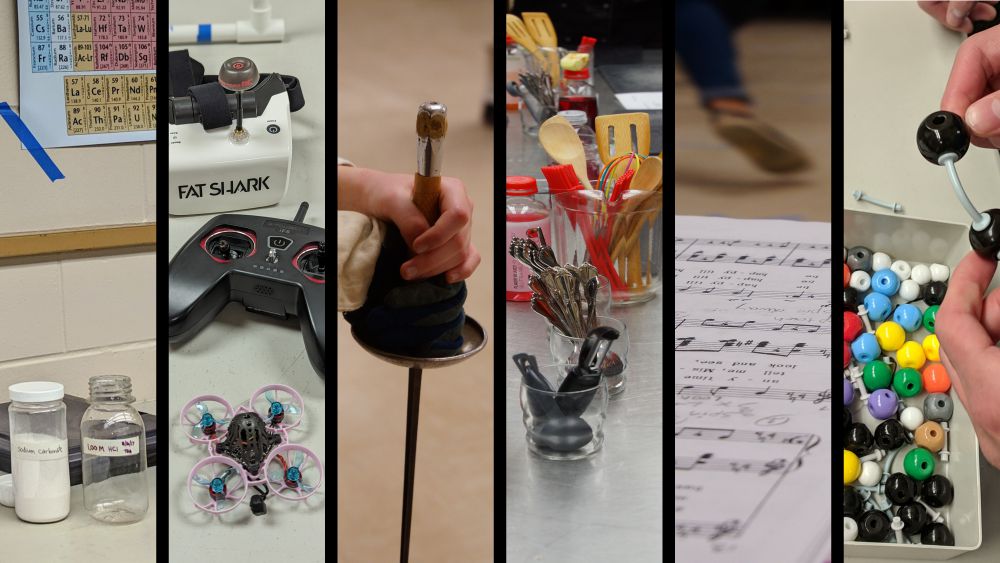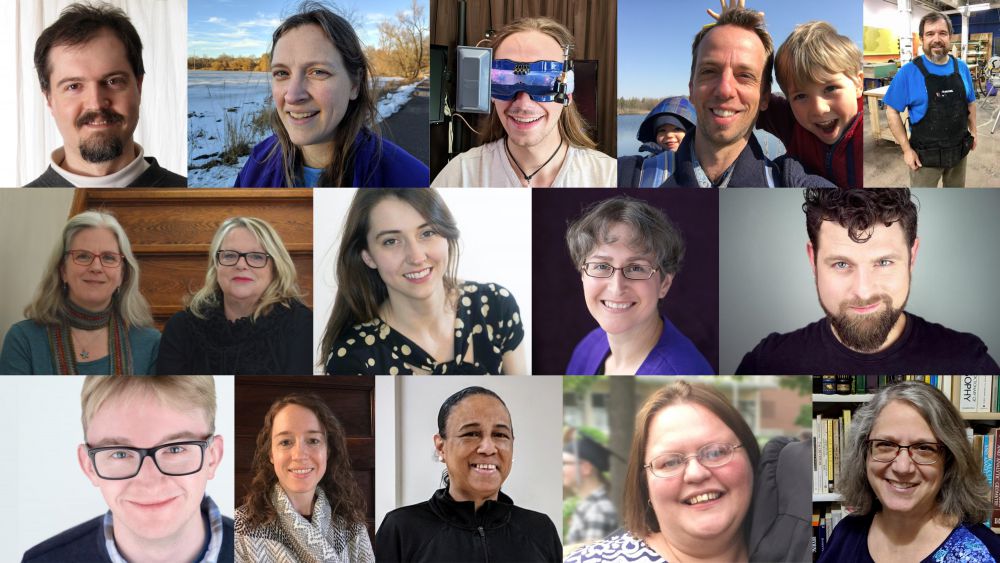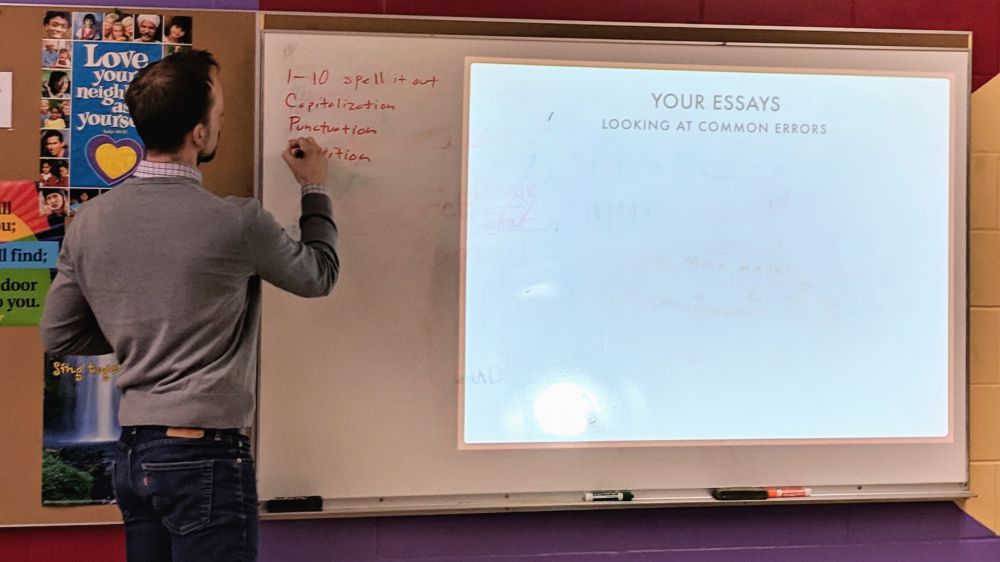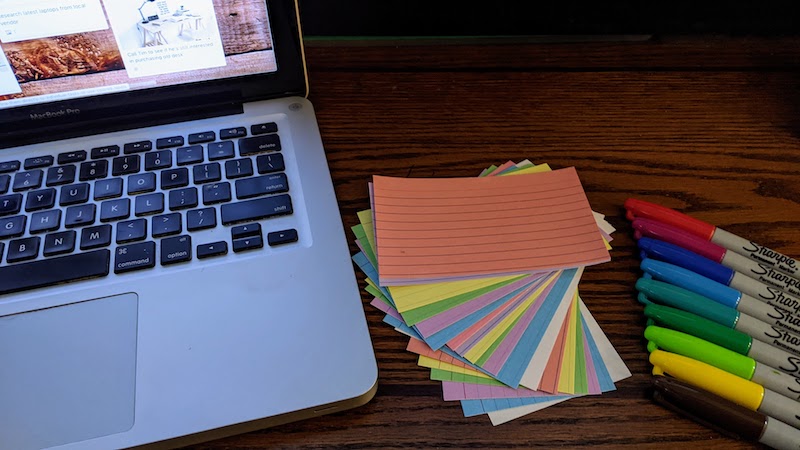Course Planning for the Upcoming Year To Publications / Articles - Course Planning for the Upcoming Year
Posted 11/10/22
PHS Leadership Team | Course Planning
Course Proposals
|
Course Archives
|
Teaching at PHS
|
|
|
Year 1 |
High School Chemistry |
Middle School Physics |
Elective Biology |
|---|---|---|---|
Year 2 |
High School Biology |
Middle School Chemistry |
Elective Physics |
Year 3 |
High School Physics |
Middle School Biology |
Elective Chemistry |
|
Support Planet HomeschoolPHS is a Section 501(c)(3) nonprofit and your donation may qualify as a charitable deduction for federal income tax purposes. |
|
Contact our co-op’s Lead Volunteers at PlanetHomeschoolMN@gmail.com. |















